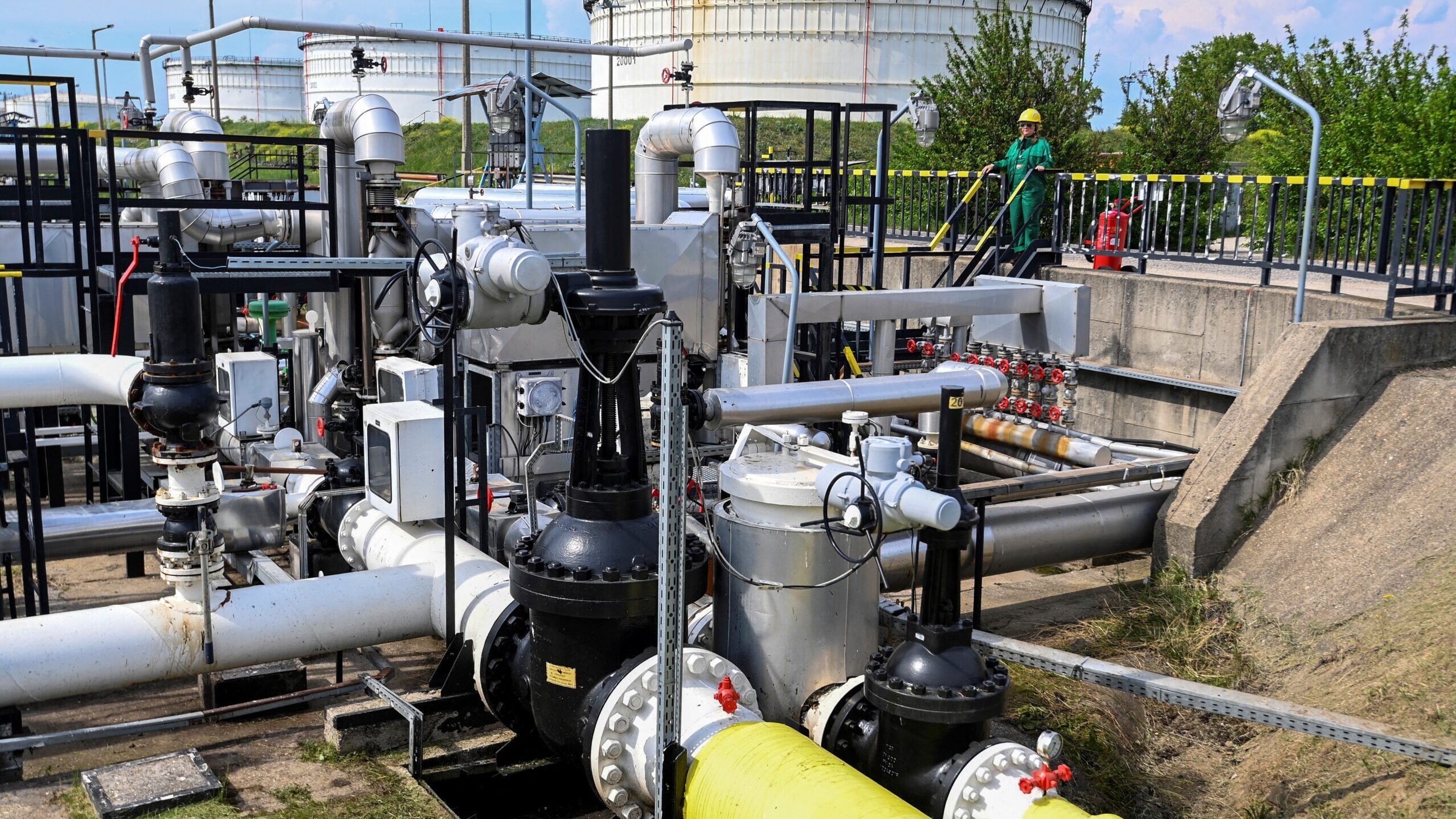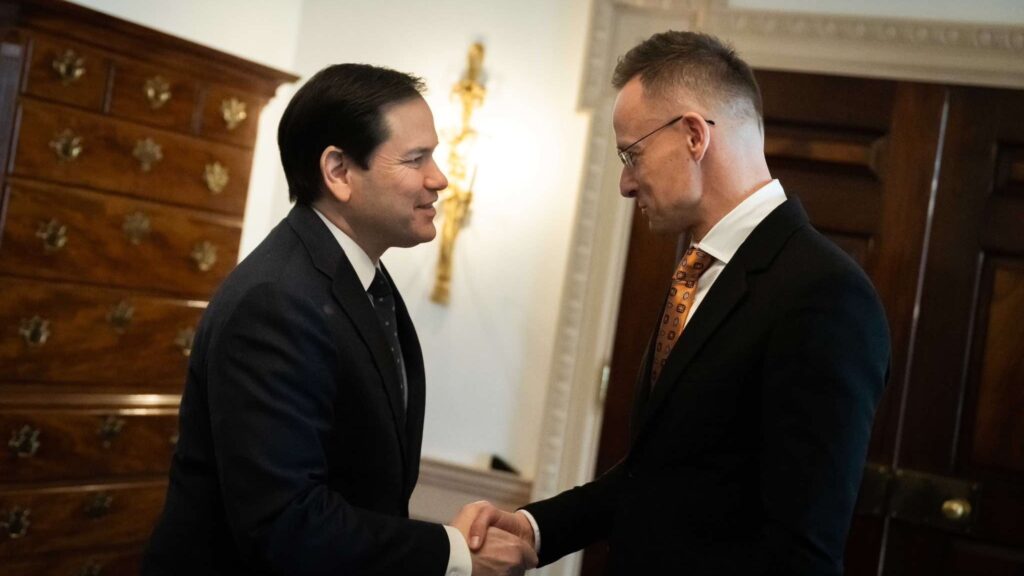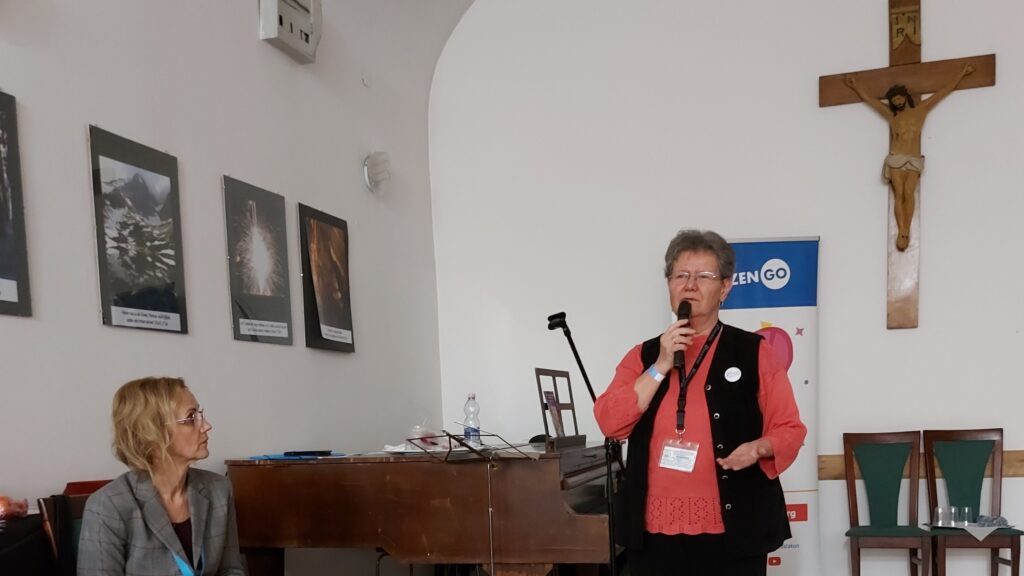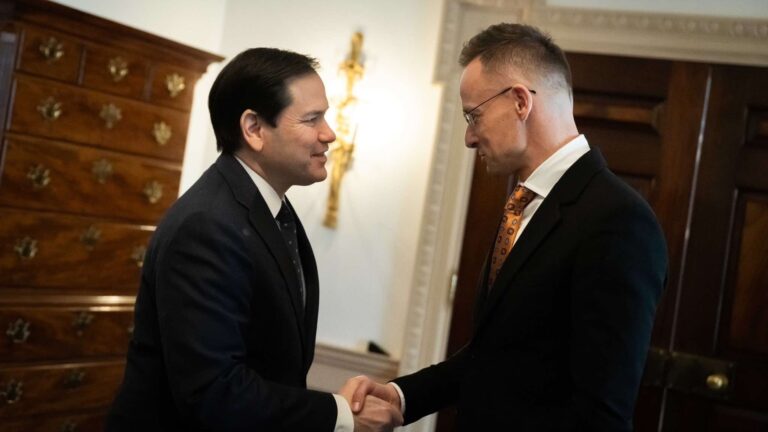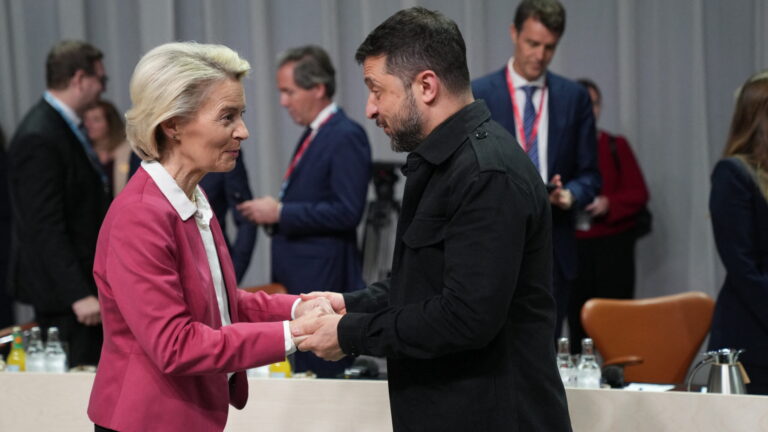Despite the mainstream media seeding doubts about the strength of the bond between Budapest and Washington during the weekend, Hungary and the United States reached a historic deal. The agreement, negotiated between President Donald Trump and Prime Minister Viktor Orbán, included granting Hungary an exemption from US sanctions on the purchase of Russian energy. The US administration acknowledged Budapest’s arguments that, for the landlocked country, it would be disproportionately difficult—and costly—to completely abandon the use of Russian oil and gas. At the joint press conference praising an ally in Prime Minister Orbán, President Trump said: ‘Everybody respects Orbán—some even like him. I both respect and like him.’
Péter Szijjártó on X (formerly Twitter): “A major outcome of today’s meeting between President @realDonaldTrump and @PM_ViktorOrban: the United States has granted Hungary a full and unlimited exemption from sanctions on oil and gas. We are grateful for this decision, which guarantees Hungary’s energy security. / X”
A major outcome of today’s meeting between President @realDonaldTrump and @PM_ViktorOrban: the United States has granted Hungary a full and unlimited exemption from sanctions on oil and gas. We are grateful for this decision, which guarantees Hungary’s energy security.
No Time Stamp on Sanction Exemption
Shortly after the press conference between the two countries, the mainstream media began to sow doubts about Hungary’s diplomatic achievement. Citing anonymous sources, Reuters and the BBC started to spread rumours that Hungary received its exemption for only one year. Despite the claims of these faceless sources, from the Hungarian side, the prime minister and the Minister of Foreign Affairs and Trade Péter Szijjártó both claimed (fully aware of their political accountability) that Hungary’s exemption comes with no time stamp on it. ‘I made an agreement with the president. He said, we exempt you from the American sanctions without a time limit—those that would have targeted the TurkStream and Druzhba oil pipelines. So that’s off the table,’ PM Orbán said.
Such discreditation attempts are not new—similar remarks marked the talks about the Budapest peace conference, too. Shortly after President Trump announced that Budapest would host the peace talks between him and the Russian leader, the mainstream media started to spread news that the summit would not take place. Despite these ill-intentioned reports often citing untraceable sources, the US and Hungarian leaders reaffirmed during their White House meeting that it is only the timing, not the location, of the peace conference that remains uncertain.
Brussels Is Still Considering Banning All Russian Energy
Despite the victories Budapest has secured over the weekend in Washington, the security of the Hungarian energy supply is still facing pressure from Brussels. While Hungary secured an exemption from the United States, the EU is still committed to introducing a ban on the import of Russian gas into the bloc.
According to the EU’s proposition, the import of Russian energy sources should be completely phased out from the bloc by 2027. What is more, given the European Commission’s latest communication, Brussels might aim to phase out Russian energy even before the 2027 deadline. These plans did not seem to change after Hungary’s Washington visit either. After the Hungarian delegation’s mission had concluded in Washington, the only news that came out of Brussels was that it was ‘examining’ the details of the exemption granted by President Trump to Hungary.
‘I made an agreement with the president. He said, we exempt you from the American sanctions without a time limit’
The Hungarian government has repeatedly argued that phasing out Russian energy would ruin the country’s economy and double household utility bills. Reports have shown that an EU-wide cutoff of Russian gas could cost Hungary about 4 per cent of its annual GDP. Phasing out Russian oil (that comes through the Druzhba pipeline) would not be less painful for Hungary either.
Although Hungary does have an alternative pipeline route through Croatia, it is not sufficient to cover all of Hungary’s energy needs for an extended period of time. During last month’s test, the Hungarian energy giant MOL claimed (contrary to what the Croatian pipeline operator said) that the Adria pipeline was capable of ensuring sufficient levels of oil flow through the pipeline only for about one to two hours. Budapest also repeatedly voiced its criticism against Zagreb for having drastically increased transit fares since the war started. That is, in addition to concerns about price increase, Budapest worries about supply security as well when considering Brussels’s attempt to phase out Russian energy sources.
According to the Treaty on the Functioning of the European Union Article 194 (1) ‘…Union policy on energy shall aim…to:…ensure security of energy supply in the Union’ (2) ‘the European Parliament and the Council…shall establish the measures necessary to achieve the objectives in paragraph 1…Such measures shall not affect a Member State’s right to determine…its choice between different energy sources and the general structure of its energy supply.’
In other words, the EU should aim to ensure the stability of Member States’ energy supply, while the choice ‘between different energy sources’, such as Russian energy, remains the Member States’ exclusive right to determine. In short, by seeking to ban Russian energy, the European Union breaches both its Treaty-based objectives—ensuring energy supply security—and its competences, as it has no authority over member states’ energy mix.
Related articles:

